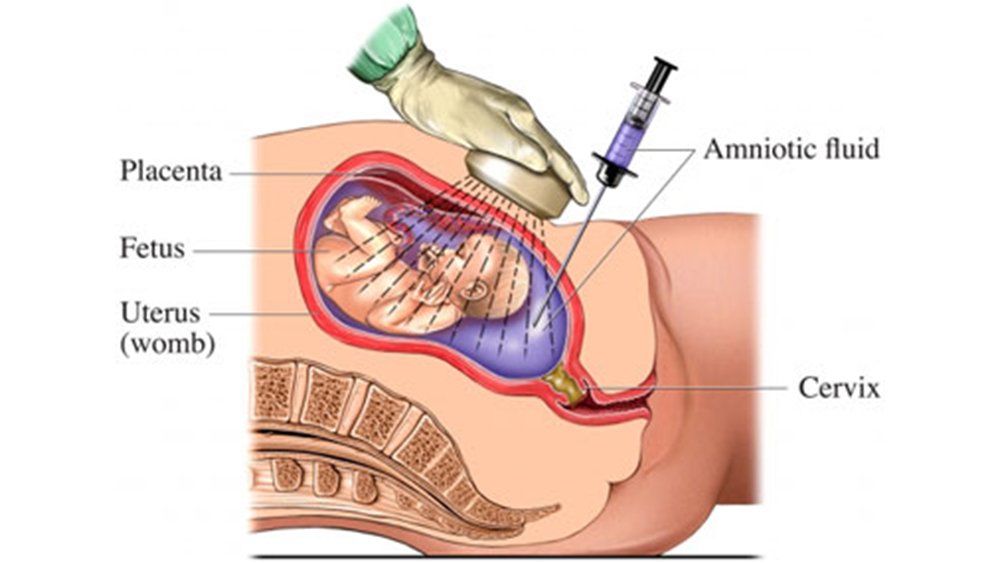
A fetal blood transfusion, also known as
intrauterine transfusion (IUT), is a specialized procedure performed before birth to treat
fetal anemia, a condition where the developing baby has a low red blood cell count. Red blood cells carry oxygen throughout the body, and having fewer than normal can put the fetus at risk of complications, including heart failure and even death.
There are several reasons why a fetus might need a blood transfusion:
- Rh incompatibility: This occurs when the mother and baby have different Rh blood types. In certain cases, the mother’s immune system can attack the baby’s red blood cells, leading to anemia.
- Other blood abnormalities: Other conditions, like congenital infections or genetic disorders, can also affect the baby’s red blood cell production or lifespan.
- Severe fetomaternal hemorrhage: In rare cases, bleeding between the mother and baby can lead to blood loss in the fetus.
How is it done?
IUT is a complex procedure performed by a team of specialists, typically involving:
- Ultrasound guidance: High-resolution ultrasound is used to locate the fetus and its blood vessels.
- Needle insertion: A thin needle is inserted through the mother’s abdomen and guided via ultrasound to the umbilical cord or, in rare cases, directly into the fetal abdomen.
- Blood transfusion: Compatible donor red blood cells are carefully transfused into the fetus.
- Monitoring: The mother and baby are closely monitored throughout and after the procedure.
Risks and benefits
Like any medical procedure, IUT carries some risks, including:
- Bleeding
- Infection
- Premature birth
- Fetal injury
However, the benefits of IUT can outweigh the risks for babies with severe anemia. It can:
- Improve oxygen delivery to the fetus
- Reduce the risk of heart failure and other complications
- Allow the baby to stay in the womb and continue to develop
Importance of prenatal care
Regular prenatal care, including blood tests and ultrasounds, can help identify potential problems early on, including conditions that might require IUT. Early diagnosis and treatment are crucial for improving outcomes for both mothers and babies.
Please note: This information is for educational purposes only and should not be construed as medical advice. If you have concerns about your pregnancy or your baby’s health, please consult with your healthcare provider.


